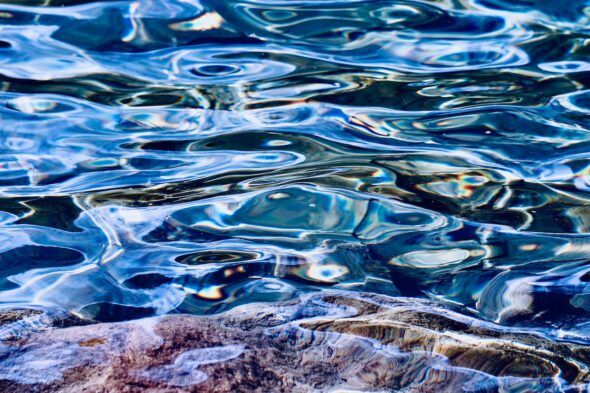Everything You Need to Know About Hot Water Cylinders

Hot water is an essential commodity in every household, and hot water cylinders play a crucial role in ensuring a steady supply of hot water. A hot water cylinder is a storage tank that holds and heats water for domestic use. These cylinders come in various sizes and capacities to suit the needs of different households. In this article, we will discuss everything you need to know about hot water cylinders.
Types of Hot Water Cylinders:
There are two main types of hot water cylinders: vented and unvented.
Vented cylinders are connected to a cold water storage tank, usually located in the loft or attic. The water in the cylinder is heated by an immersion heater or a boiler, and the pressure is determined by the height of the water tank. The higher the tank, the greater the water pressure.
Unvented cylinders, on the other hand, do not require a cold water storage tank. They are connected directly to the mains water supply, and the water pressure is determined by the mains pressure. Unvented cylinders are more energy-efficient than vented cylinders and can provide hot water at a higher pressure.
Size and Capacity:
Hot water cylinders come in various sizes and capacities to suit the needs of different households. The size of the cylinder is determined by the number of people in the household, their hot water usage, and the type of cylinder required. A small household with low hot water usage may only require a 100-150-liter cylinder, while a larger household may need a 300-400-liter cylinder.
Installation and Maintenance:
Hot water cylinder installation must be carried out by a qualified and registered plumbing firm. Proper installation by a professional plumber (like the ones at firms providing plumbing in Lacombe) ensures the cylinder is safe, efficient, and meets all building and safety regulations. It is essential to have the cylinder serviced regularly to ensure it operates at optimum efficiency. Regular maintenance includes checking the pressure relief valve, cleaning the heating elements, and ensuring the thermostat is functioning correctly.
Efficiency:
The efficiency of a hot water cylinder is determined by its insulation and the heating method used. A well-insulated cylinder can retain heat for longer and reduces the amount of energy required to maintain the water temperature. Electric immersion heaters are the most common method of heating a hot water cylinder. Still, they are not as energy-efficient as gas boilers or renewable heating systems such as heat pumps or solar panels.
Replacing a Hot Water Cylinder:
Hot water cylinders have a lifespan of around 10-15 years, after which they may need to be replaced. Signs of a failing cylinder include rust or corrosion on the tank, leaks, and poor water pressure. It is essential to replace a faulty cylinder promptly to avoid any inconvenience and potential damage to the property. If you think your cylinder is starting to reach its end, best to talk to a Plumber who can inspect the appliance and assess the condition. That way, you can get a definitive answer on whether you should replace it or not.
Costs:
The cost of a hot water cylinder varies depending on its size, type, and installation requirements. Vented cylinders are generally less expensive than unvented cylinders, but they require additional installation costs for the cold water storage tank. Unvented cylinders are more expensive, but they are more energy-efficient and do not require a cold water storage tank. The installation costs for a hot water cylinder can also vary depending on the location, accessibility, and complexity of the installation. You can dial in a local plumber to learn the cost of installation in your area. Make sure to use a plumbing expert who is qualified and experienced to install the unvented cylinder. Additionally, always check the reviews and ratings of the plumber to ensure you get the best advice as well as the best service.
Conclusion
Hot water cylinders are an essential part of any household, providing a steady supply of hot water for domestic use. It is essential to choose the right type, size, and capacity of the cylinder to suit the needs of the household. Proper installation and regular maintenance ensure the cylinder operates efficiently and safely. When the time comes to replace a faulty cylinder, it is essential to consider the type, size, and installation costs to make an informed decision.
- Restaurant Germs: Improving Cleaning Practices For Commonly Contaminated Surfaces - April 15, 2024
- 11 Cancer-Fighting Foods to Reduce the Risk of Cancer - March 18, 2024
- Safety and Aesthetics: Tips for Landscaping Around Your Wellhead - February 20, 2024
